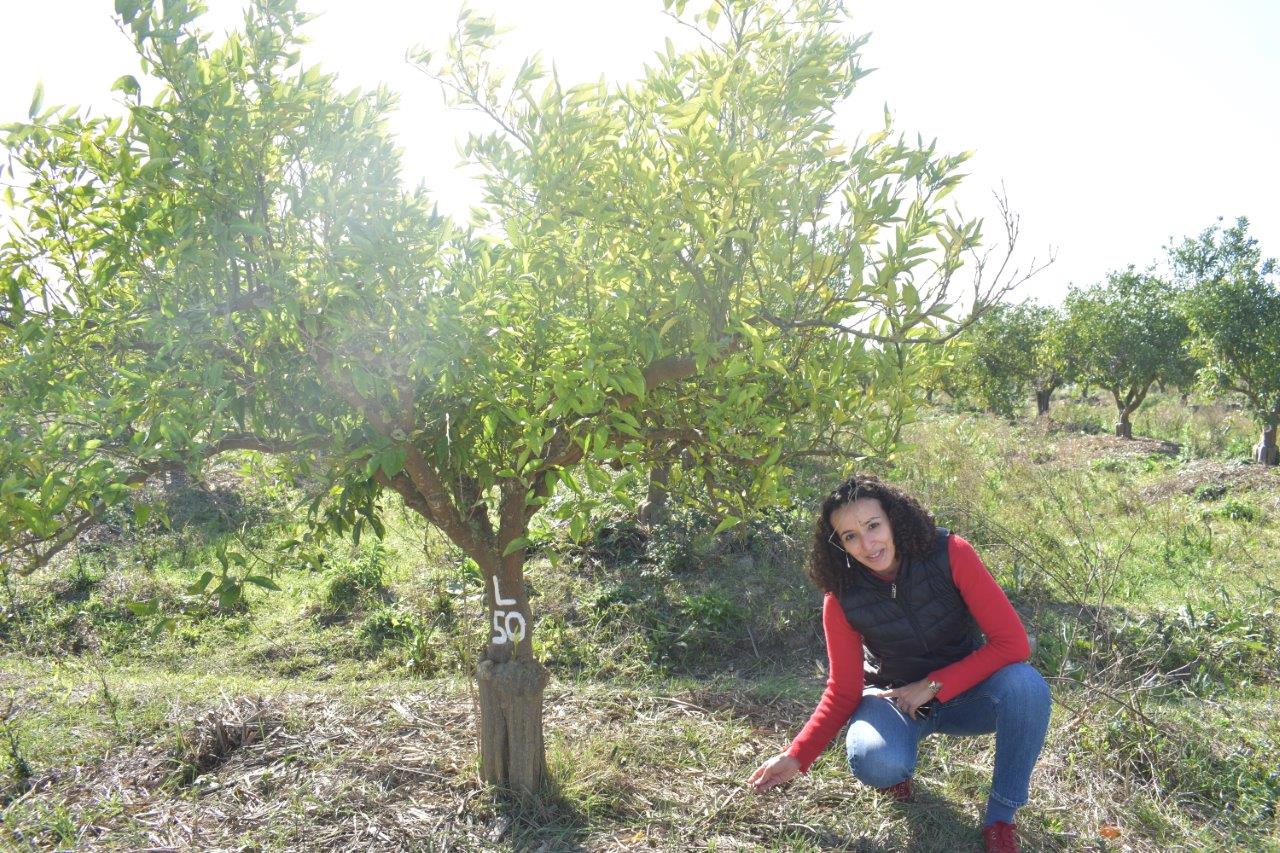This post is also available in:
The importance of the financial sector’s role in agriculture cannot be overstated, especially as farming is increasingly uprooted by the effects of a changing climate and land degradation. These impacts are especially felt in Africa, where drought, desertification and soil salinization are upending the lives of smallholder farmers who lack the resources to adapt.
“Banking itself allows you to reach all population segments in order to enhance their revenues and lifestyle. Access to finance is a prerequisite if we want farmers to adopt sustainable agricultural practices,” asserts Mariem Dkhil. A trained agricultural engineer, Dkhil is the sustainable finance specialist at Crédit Agricole du Maroc (CAM), a Moroccan bank that has championed agriculture financing since 1961. During her time there, she has contributed to the creation of CAM’s subsidiary Tamwil El Fellah that provides collateral-free loans to smallholder farmers, giving them the opportunity to invest in middle and long-term projects. She has also enhanced the environment and sustainability standards of the bank and developed new products and services for climate-smart agriculture and responsible agricultural supply chains.
Today, she is committed to sharing the bank’s expertise with African financial institutions and mobilize investments for climate adaptation in African agriculture.
She also works to consider the sustainability and social impacts of projects, such as enabling an environment that provides access to financial services for women entrepreneurs – a sign that inclusivity and sustainability are indeed profitable investments. “I want other women to follow their lead and embrace the opportunities to have a positive impact,” said Dkhil when she spoke about sustainable finance at GLF Luxembourg in 2019.




